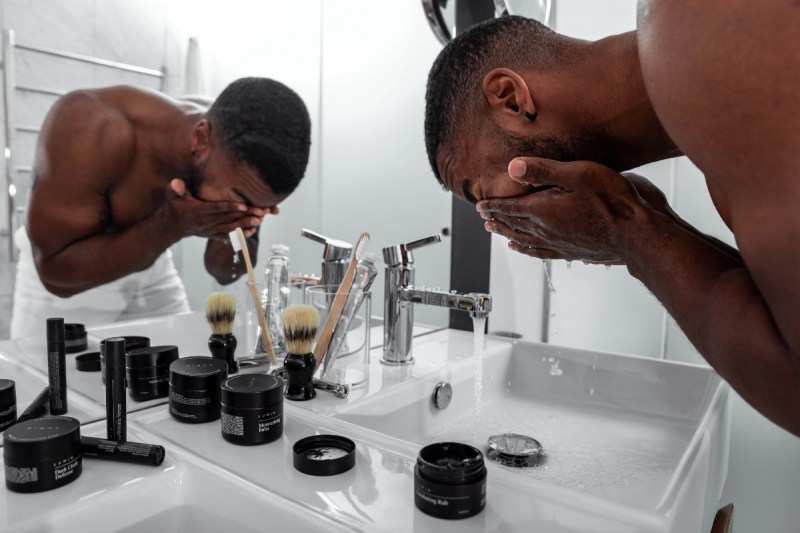
Another TikTok trend is making the rounds, but this one is pretty interesting. While not new, the process of skin cycling is blowing up on social media these days, with every influencer scrambling to show us their version and which products they use.
With all the skincare routines we see on TikTok, you have to wonder if this one is safe to do. What is skin cycling? With the help of experts, we’ll explain and tell you if it is something we all should be trying.
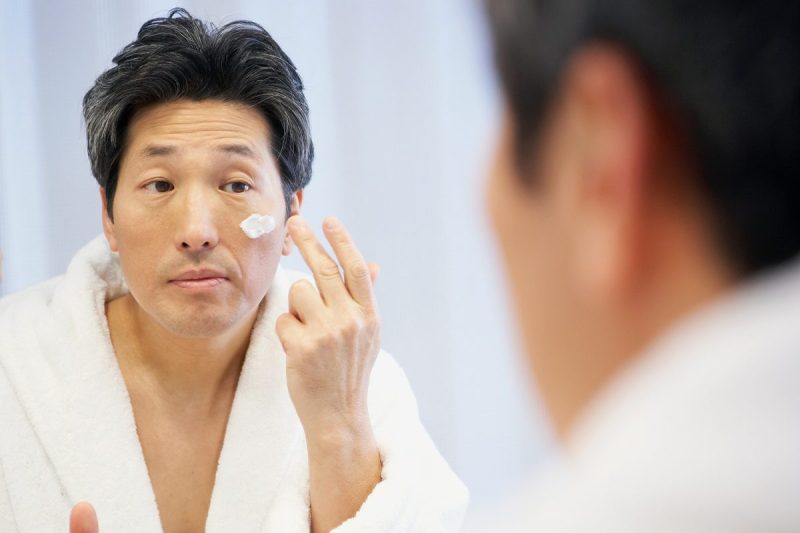
The way the cycle works
- There are steps for four nights
- You do one step each night, rotating products
- Put this on repeat
Like all skincare routines, there is a process, and a skin cycling routine would be no different. The main takeaway for the skin cycle routine is that you aren’t applying all of your products every night. It’s just like it sounds. You are cycling your products in a specific order, giving your skin time to rest between uses.
Dermatologist at Mount Sinai Health System, Asmi Sanghvi, helps break down the routine into three main steps using an AHA, retinol, and moisturizer. “You start with a chemical exfoliator, like glycolic acid or any other AHA.” Asmi said. “The next night, you would apply a retinol. The next day you would apply a moisturizer.”
Dr. Harikiran Chekuri wants you to take that even further saying, “It’s recommended that you switch up each product every three months or so in order to get the full benefits of skin cycling.”
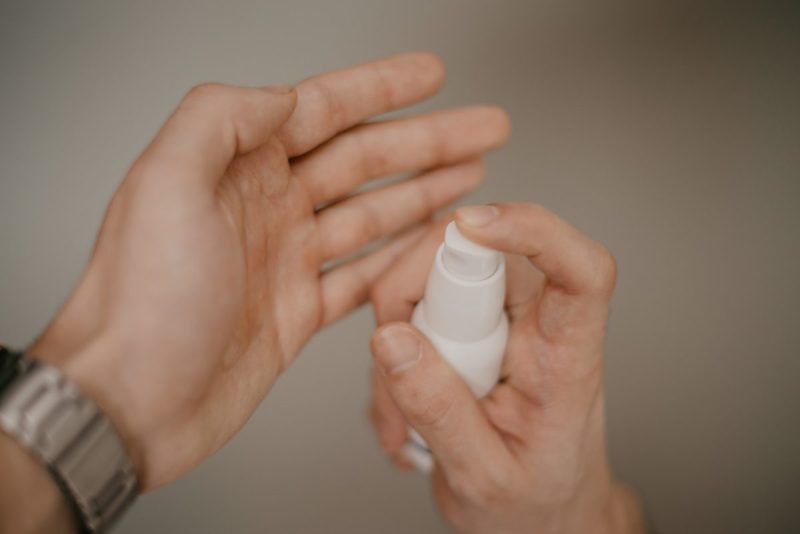
Why it’s blowing up
- It’s safe
- It works
- It’s easy
- It can be adjusted for each person
Well, that all sounds pretty easy. But why is it becoming so popular and taking over TikTok? Mostly because it works, but also because it is a safe skincare routine backed by science.
Medical Director of Nurx Dermatology, Dr. Peter Young stated, “Skin cycling is safe, as long as you don’t overdo it by applying too much of any of your skincare products or forgetting to rotate your products throughout the week.” That seems fair enough.
Board-certified dermatologist, Dr. Anar Mikailov appreciates the routine since: “Skin cycling minimizes dermatitis and irritation risks associated with high-strength active ingredients.” Basically, we are trying to put too many products with too many intense ingredients on our faces all at once, and skin cycling will keep us in line.
But the fact that we are seeing real results is also a huge draw. According to Dr. Harikiran Chekuri, “Studies have shown that when done correctly, skin cycling can help reduce wrinkles, improve elasticity and hydration, and even reduce breakouts.” Those are all things we want to see with a skin routine.
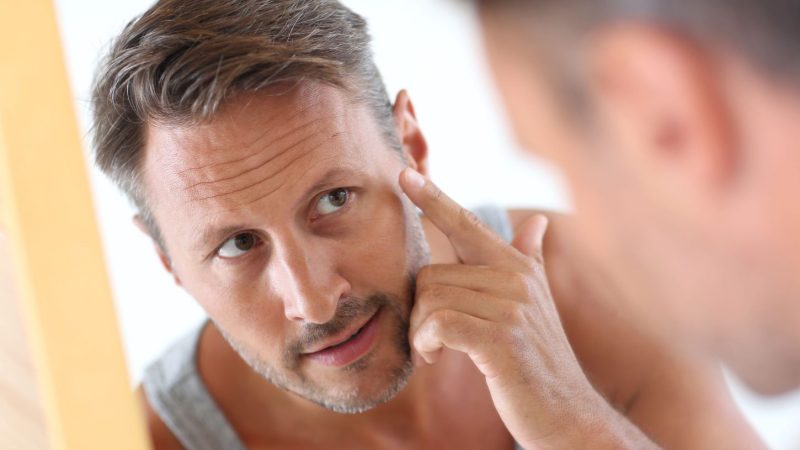
The TikTok credit
Dermatologist Whitney Bowe is credited as the reason TikTok is full of skin cycling videos. She’s been telling her patients about the “exfoliation night, retinoid night, recovery night, recovery night” pattern to help simplify things for quite some time.
But thanks to an appearance on the Rachael Ray Show, the process was brought back to the front and has every TikToker making a video with their routine and products they use. Dr. Bowe herself has some videos on there to follow along with.
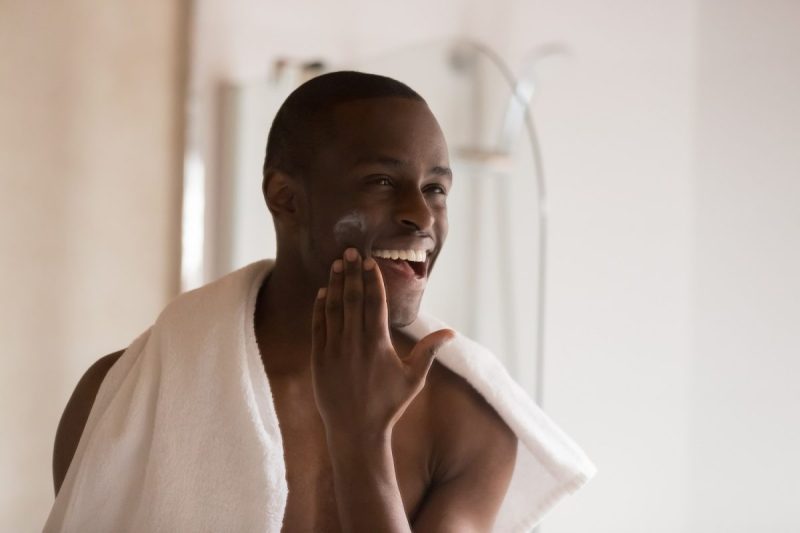
Those who benefit the most
- Best for sensitive skin
- It would work on all skin types, with individual adjustments made
As with any skincare routine, certain skin types will benefit more than others. Medical advisor for the Health Reporter Dr. Rosmy Barrios said, “This technique may work best for people with oily or acne-prone skin. Since overuse of products can lead to excess oil production and breakouts, it might be helpful to jump on this trend.”
CEO and senior cosmetic chemist at Freelance Formulations, LLC, Vanessa Thomas stated, “Cyclic skincare routines are typically recommended for individuals with sensitive, rosacea-prone, or psoriasis-prone skin.”
Most of the experts agree that almost any skin type could do the routine, but make sure you tailor the products to your skin type. That’s pretty much the same for any skincare regime you start.
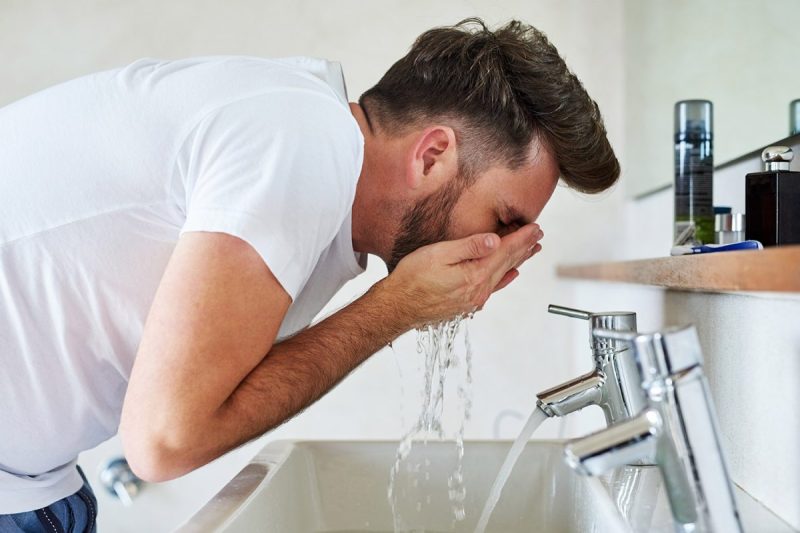
The dermatologists approve
While we all love to see what the newest trend on social media is — and love watching other people do it first before we think about trying it — we love that dermatologists approve of this one.
Like board-certified dermatologist Dr. Margarita Lolis who said, “I am a fan of skin cycling! It’s a very simple, basic regimen to follow! It creates the habit of being consistent with product use.” We agree with that. The simpler, the easier to follow, the easier to stick with.
And while this is a trend, we need to remember the advice from Dr. Barrios, “It is important to understand that everyone’s skin is different, and what works for one person may not work for another, so it is always best to consult a dermatologist before trying a new beauty routine.”
It’s also good to keep in mind that new skin routines don’t work overnight. Sometimes it takes your skin a few weeks to adjust to a new lineup or to see results. Patience is definitely necessary in the skincare game.
Remember, if you recognize these oldies, you should have a skincare regime in place immediately. But we love that this is one trend we — and the experts — give the green light to. Go ahead and watch all of the TikTok videos to gather the specific products for your skin type to start your skin cycling routine immediately.



